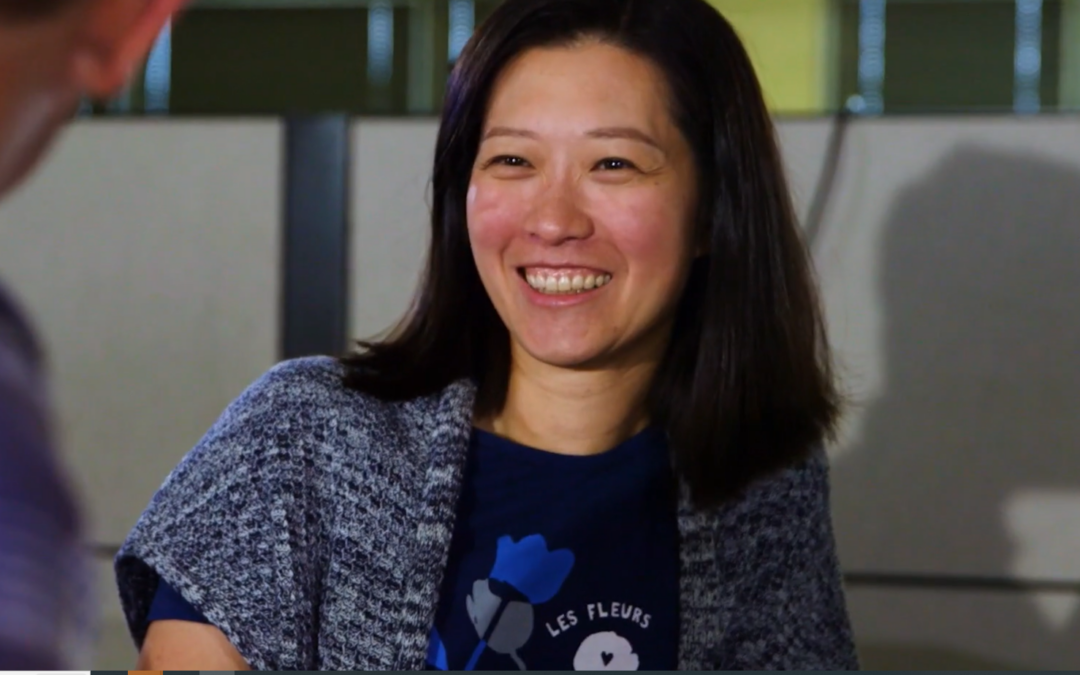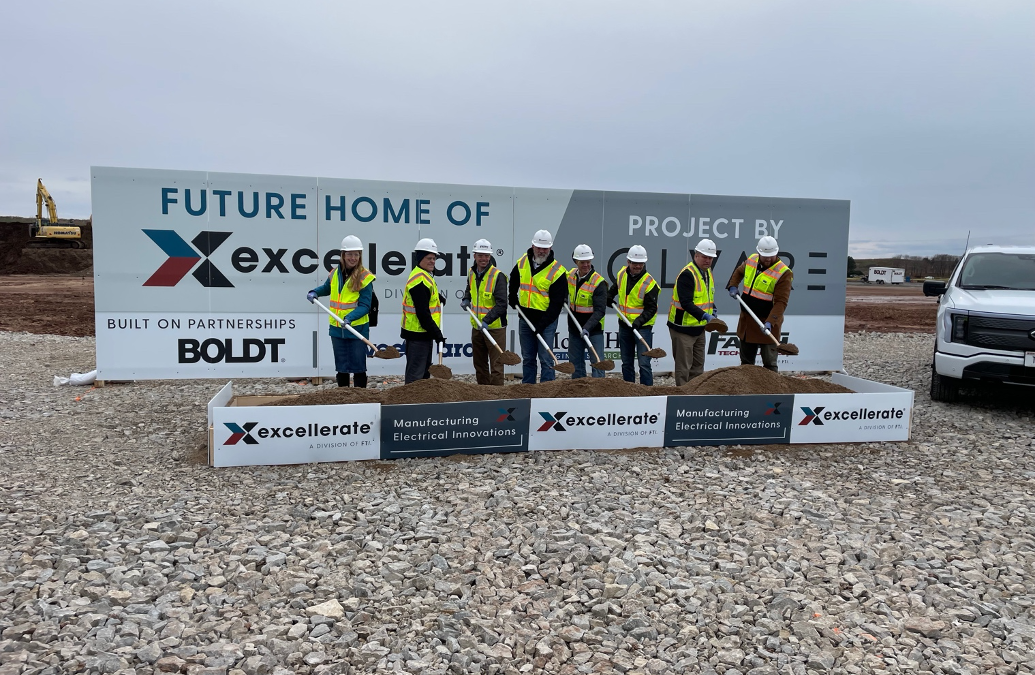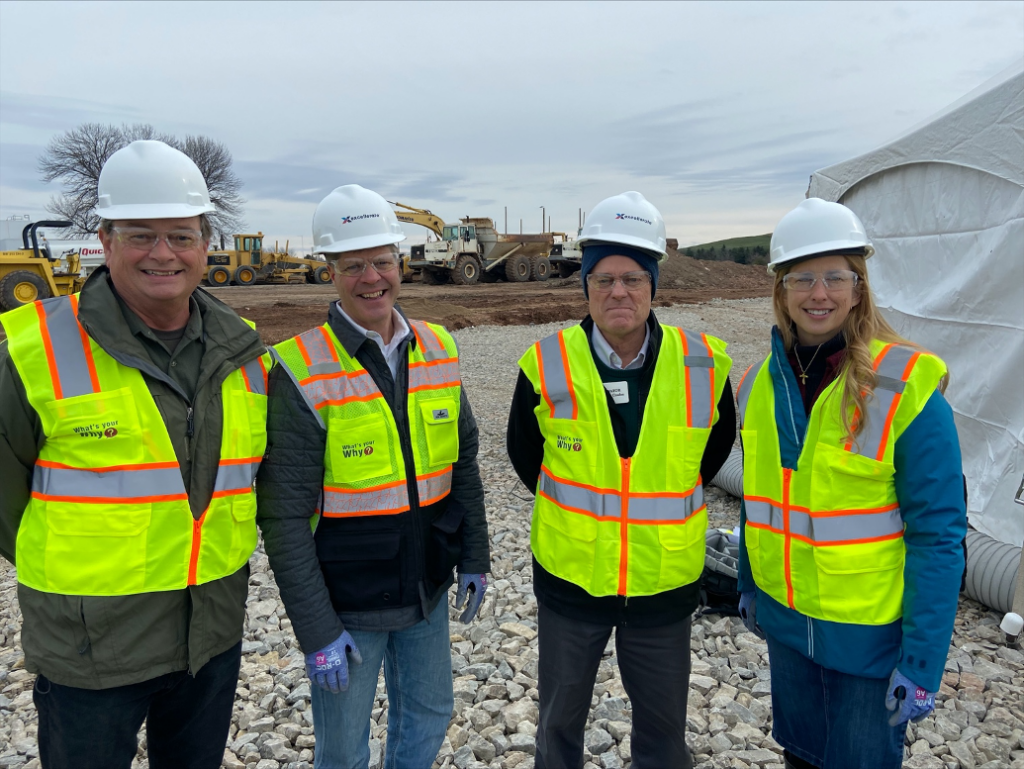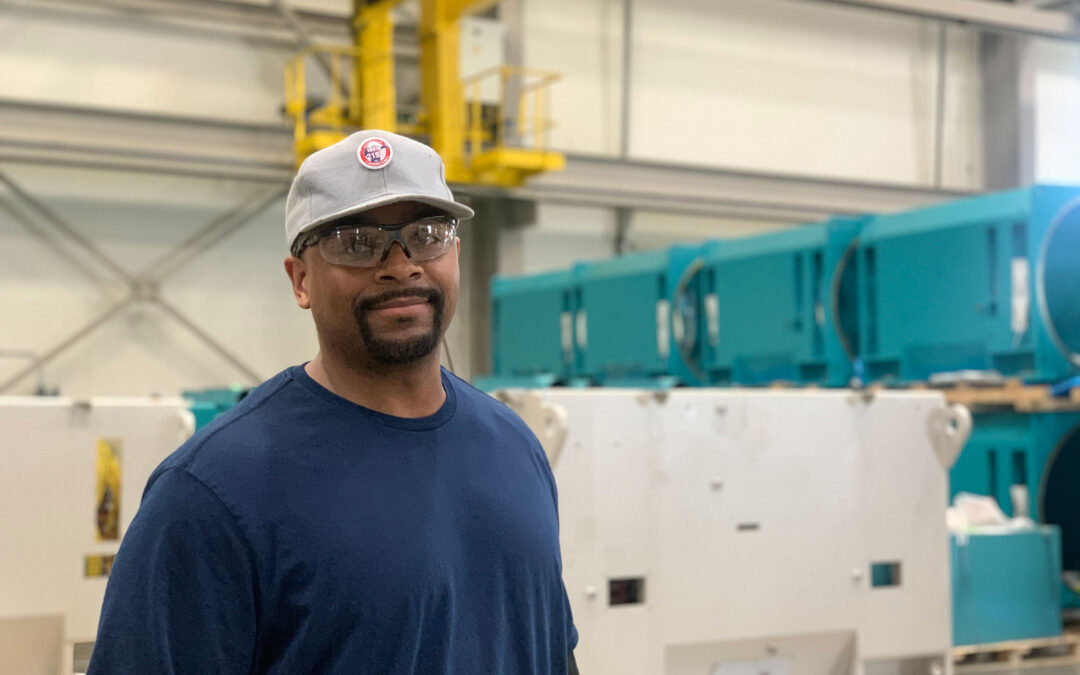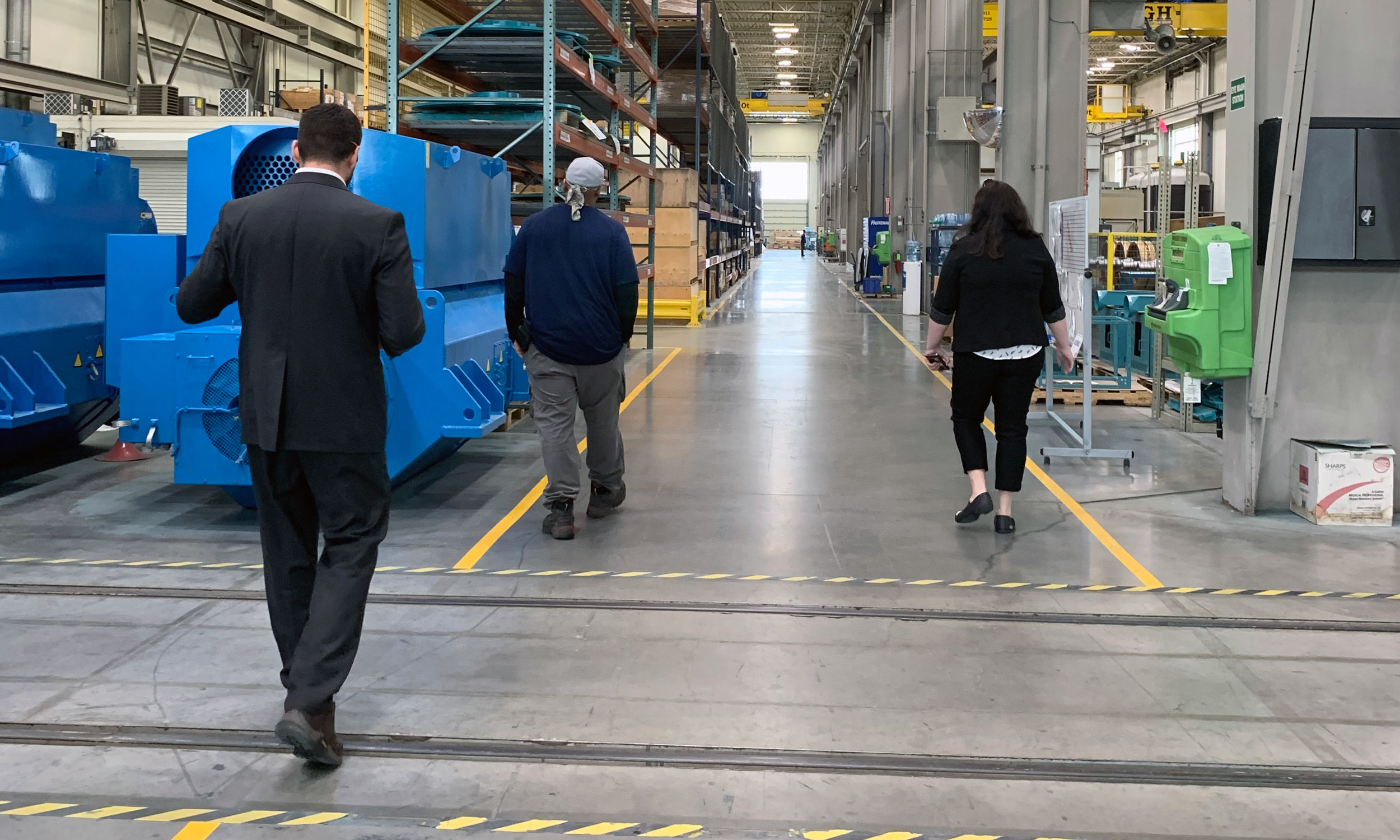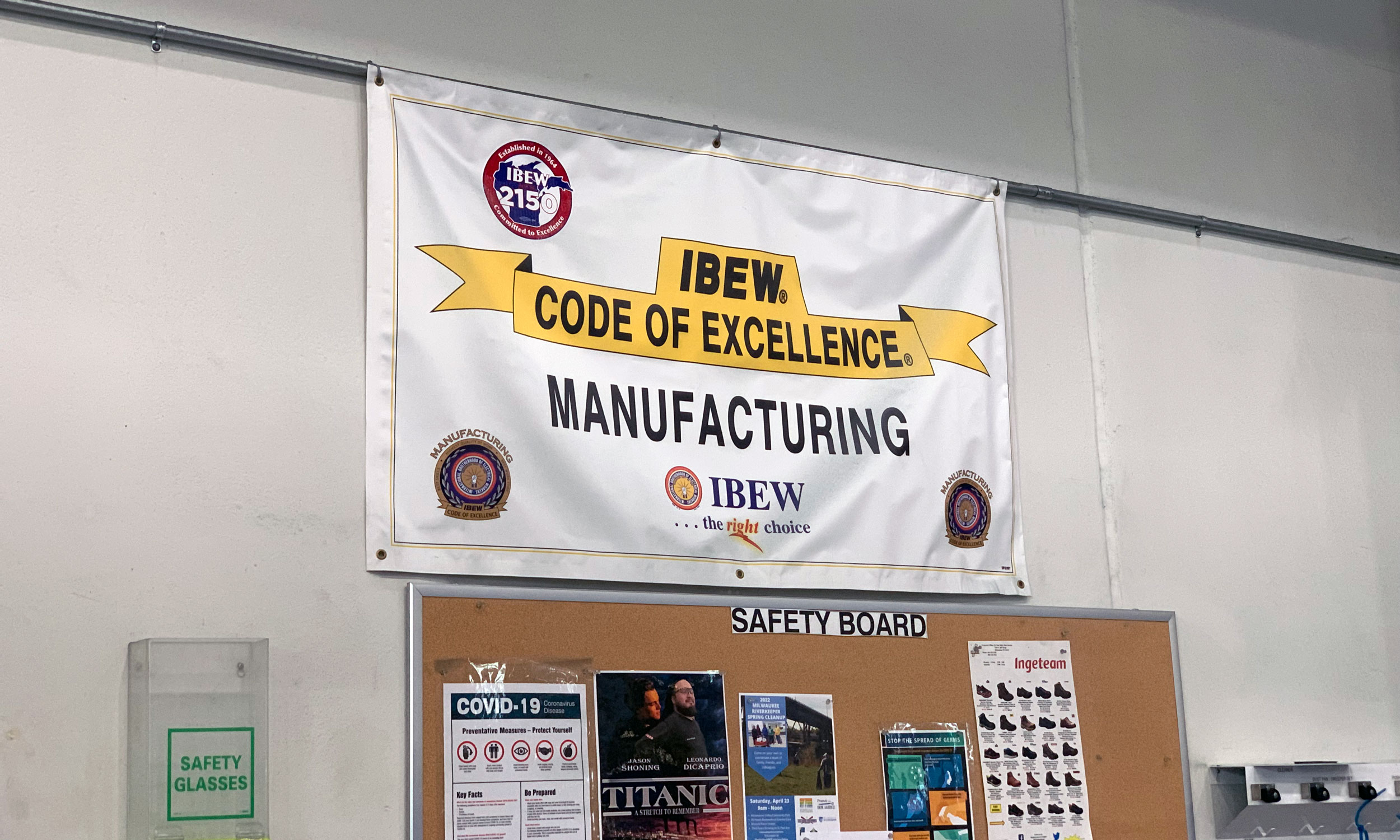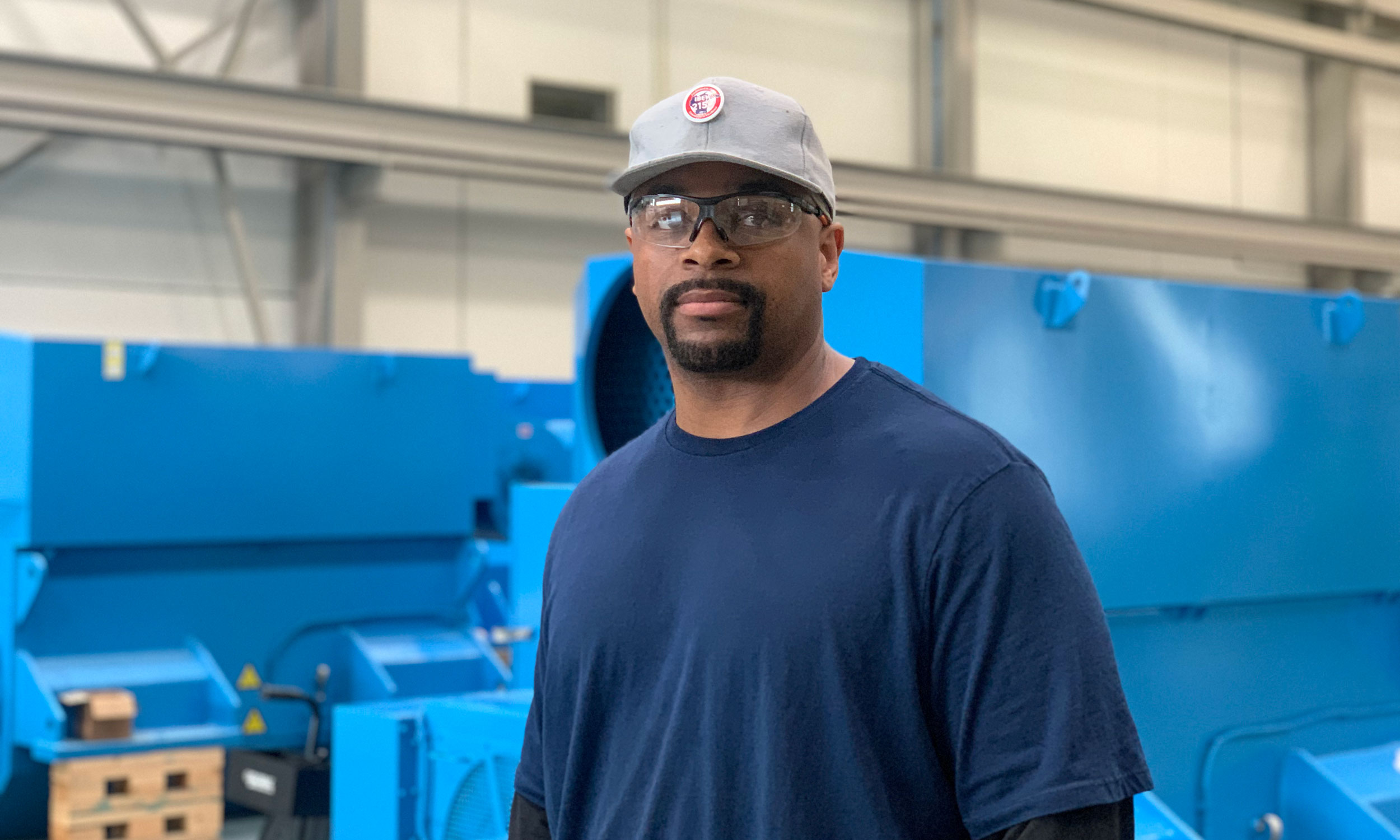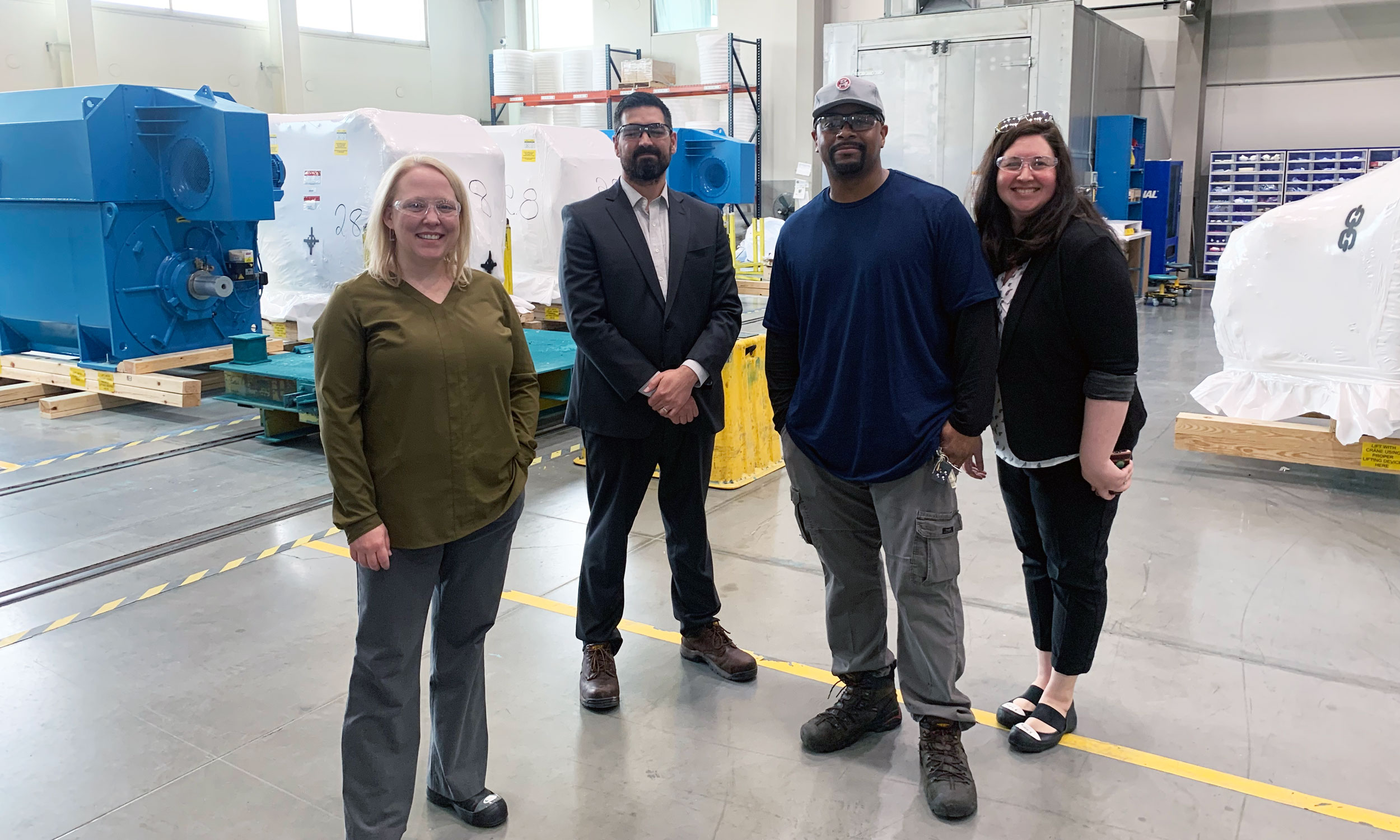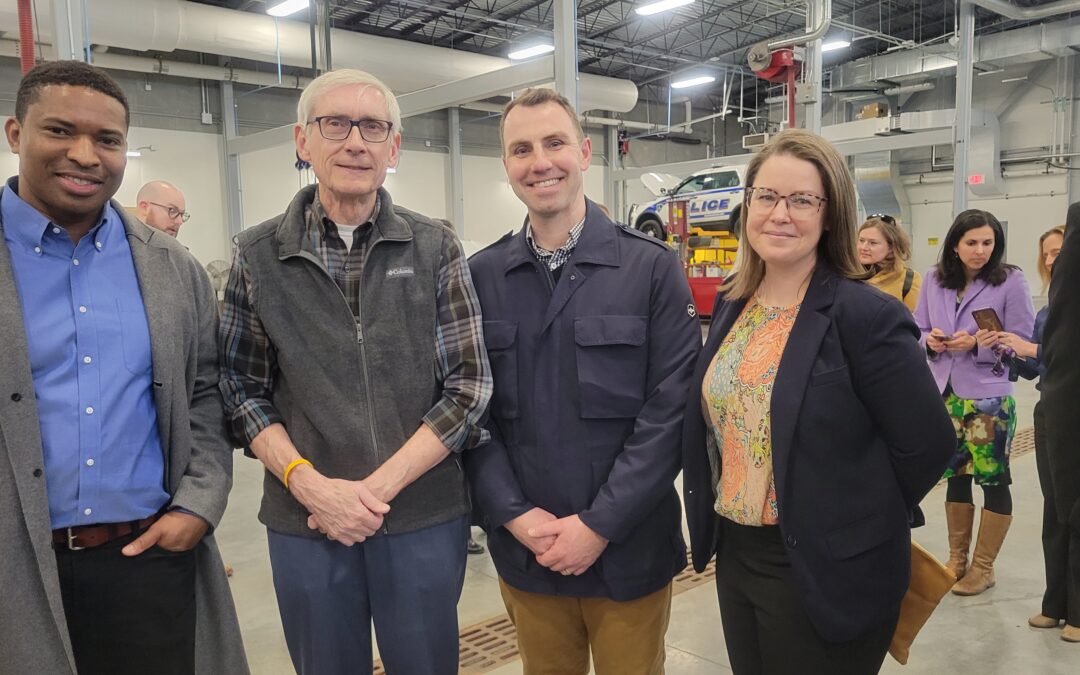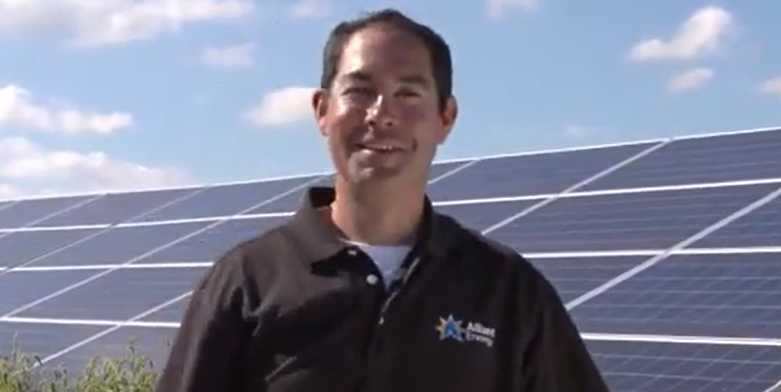
Clean Energy Works: Rick Zimmerman, manager of resource development, Alliant Energy
Rick Zimmerman has witnessed dozens of renewable energy projects completed over the course of his career, and in recent years he’s seen about a gigawatt (GW) of solar energy projects in Wisconsin as Alliant Energy’s Manager of Resource Development.
His career in renewables started in the early 2000s and was driven by his knowledge of and appreciation for renewables, as well as a small amount of happenstance. His career path gave him the opportunity to work on projects from Vermont all the way to Hawaii, but lately, he’s been happy to keep his focus on Wisconsin with occasional visits to Minnesota or Iowa.
By staying in one area, he’s able to spend more time with his wife and kids and he’s also found himself with time to work on home projects, such as building out his basement during the COVID-19 pandemic or his latest woodworking project.
“I’m a, I’d say a DIYer,” Zimmerman said. “Working either on the house outside or inside the house.”
As a graduate of UW-Madison’s engineering program and an Eagle Scout, he’s been able to apply his knowledge from school and desire to spend time outdoors not only to home projects but also to his work.
He first got a taste for working on renewables while working at an engineering, procurement, and construction (EPC) contractor, M.A. Mortenson. Not only does the large company work across multiple industries, but it also offered plenty of opportunities to get outside for wind turbine projects
M.A. Mortenson had a department specifically for wind projects, but Zimmerman said, “It was a rather small department, as they didn’t want to do layoffs and then huge hires.”
Instead, to manage the ebb and flow of workload in the industry, they had a core staff that managed the department, and then they would gather workers from different offices for projects.
“And then (for a new project) the call went out to the different offices, said hey we need three engineers from your group, what can you do to loan us those engineers?” Zimmerman said. “I was an engineer on loan.”
Through happenstance, he was available when the call went out and became one of the volunteer engineers who would play a role in building out wind energy in southern Minnesota and northern Iowa, the first hotbed of midwest construction.
“This was the first renewables from an energy perspective in the area where I lived and worked that I could be a part of,” Zimmerman said. “That was my first taste, I liked it.”
Though his time at M.A. Mortenson wasn’t solely focused on renewables, he didn’t stray far from the industry. By 2012 he would find himself much more directly involved in the energy world working at Alliant Energy.
He got his start at Alliant in the construction department. After some success in that role, he was promoted to project manager, and thanks to some good timing, he found himself working on wind projects once again.
“I got tapped to help with that wind program,” Zimmerman said. “Partly it was coincidentally luck, a couple of my projects had ended and I had some capacity. I had the wind background already from my EPC world so that obviously fit in really well and then I temporarily joined the development department and we didn’t stop.”
From 2018 to about 2020, Zimmerman oversaw the development of a GW of wind energy installed in Iowa. Once that was completed, Alliant turned its attention to Wisconsin to install an additional GW of clean energy, only this time it was solar.
After successfully implementing a GW of solar over 12 projects, he was promoted from project manager to manager of resource development, overseeing a team of 12.
Regardless of his position, Zimmerman says, “It’s an exciting time to be in the utility industry.”
“For the foreseeable future, everyone is going to need power, and as we’re seeing now, everyone is needing more power,” he said.
From increased need at the residential level to new data centers, Zimmerman said utilities are more regularly being seen as critical infrastructure for the economy to grow.
To meet the demands of the future, Wisconsin will need to continue increasing its clean energy portfolio. To meet our goals, utilities and advocacy groups alike will need to continue working with various communities where these projects are built.
Zimmerman has seen a full spectrum of responses to clean energy projects during his time in the industry. He’s found that particularly in Wisconsin, some love the projects, some hate them, and some even prefer wind turbines over solar panels.
With the variety of challenges faced in Wisconsin, Zimmerman said that at Alliant, “We just thread the needle as best we can. There are pros and cons to every decision we make, we try to make those decisions that give us more pros than cons.”
What it ultimately comes down to is clear and constant communication. Like RENEW, Zimmerman has come across plenty of disinformation on the internet that can be convincing. To learn more about projects and how communities can share their input, Zimmerman recommends going to reliable third-party sources that focus on sharing the facts.

